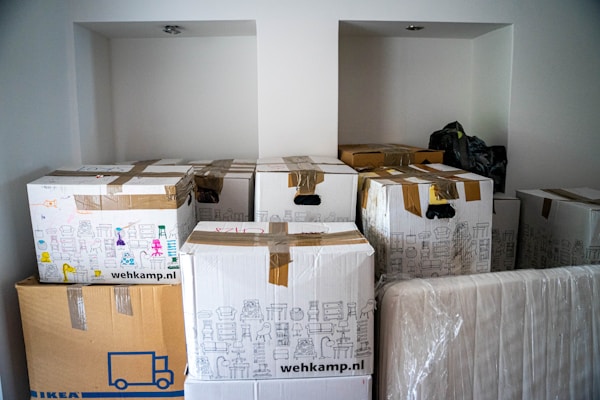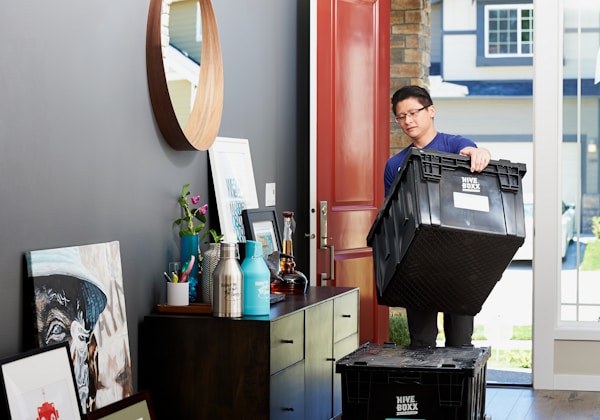
What Personality Traits Indicate That You’ll Adjust Well After a Long-Distance Move?
Moving to a new city can be daunting, especially if you’re moving long-distance with the help of Dania Beach movers. But don’t worry! Certain personality traits are associated with how well an individual adjusts to change. Knowing if you have these traits can help you prepare for the move. Keep reading to find out what they are.
Open to Change
Most people who move do so in order to improve their quality of life. Whether it’s for a new job, a better climate, or more affordable housing, a move can be an exciting change. But for some people, a move can be daunting, especially if they’re not open to change. If you’re not open to change, you may find it difficult to adjust to your new life after a move. You may be resistant to trying new things, making new friends, or exploring your new surroundings. This can lead to a lot of loneliness and homesickness. But those who are open to change will adjust better after a long-distance move. They’ll be more willing to try new things, make new friends, and explore their new surroundings. This can help them to feel more connected to their new community and less homesick. To learn more about your traits, undergo DNA testing to get your ancestry report.
Optimism

The saying goes that “the optimist sees the glass as half-full, while the pessimist sees the glass as half-empty.” And while this may be a bit of a generalization, it’s true that how you approach life can have a big impact on how you adapt to big changes. If you’re an optimist, you’re more likely to adjust better after a move. Why? Because optimists are usually more positive and upbeat, and they see the good in every situation. This can be a real asset when you’re dealing with a big life change like a move. Pessimists, on the other hand, can find it harder to adjust to change. They may focus on the negative aspects of a situation, and they may be less likely to see the silver lining. This can make it harder for them to adapt to a new situation.
Agreeableness
If you are the type of person who is agreeable and adjusts well to change, you will adjust better after a move. It is important to stay positive and optimistic throughout the process. You will likely experience some stress and anxiety, but try to focus on the positives, such as the new opportunities that await you. You may have to say goodbye to some old friends, but you will make new ones in your new location. Keep busy and take advantage of all the new things your new home has to offer. Soon, you will feel right at home.
Emotional Stability

When it comes to moving, whether it’s across town or across the country, it can be a very stressful time. There are so many things to think about and so many things that can go wrong. One of the most important things to remember, however, is that if you are emotionally stable, you will adjust better after a move. No matter how well you plan, or how much you think you can prepare yourself, moving is always a stressful event. There are so many new things to deal with – from finding a new home to getting used to a new neighborhood to dealing with all the boxes and packing material taking up space in your new home. It can be hard to adjust, but if you are emotionally stable, you will find it a bit easier.
Overall, this guide explains that those who are open to change, optimistic, agreeable, conscientious, and emotionally stable are more likely to adjust well after a long-distance move. These findings suggest that people who are more agreeable and conscientious may be more likely to have a smoother transition after a long-distance move due to their ability to be more organized and manage their emotions effectively.
